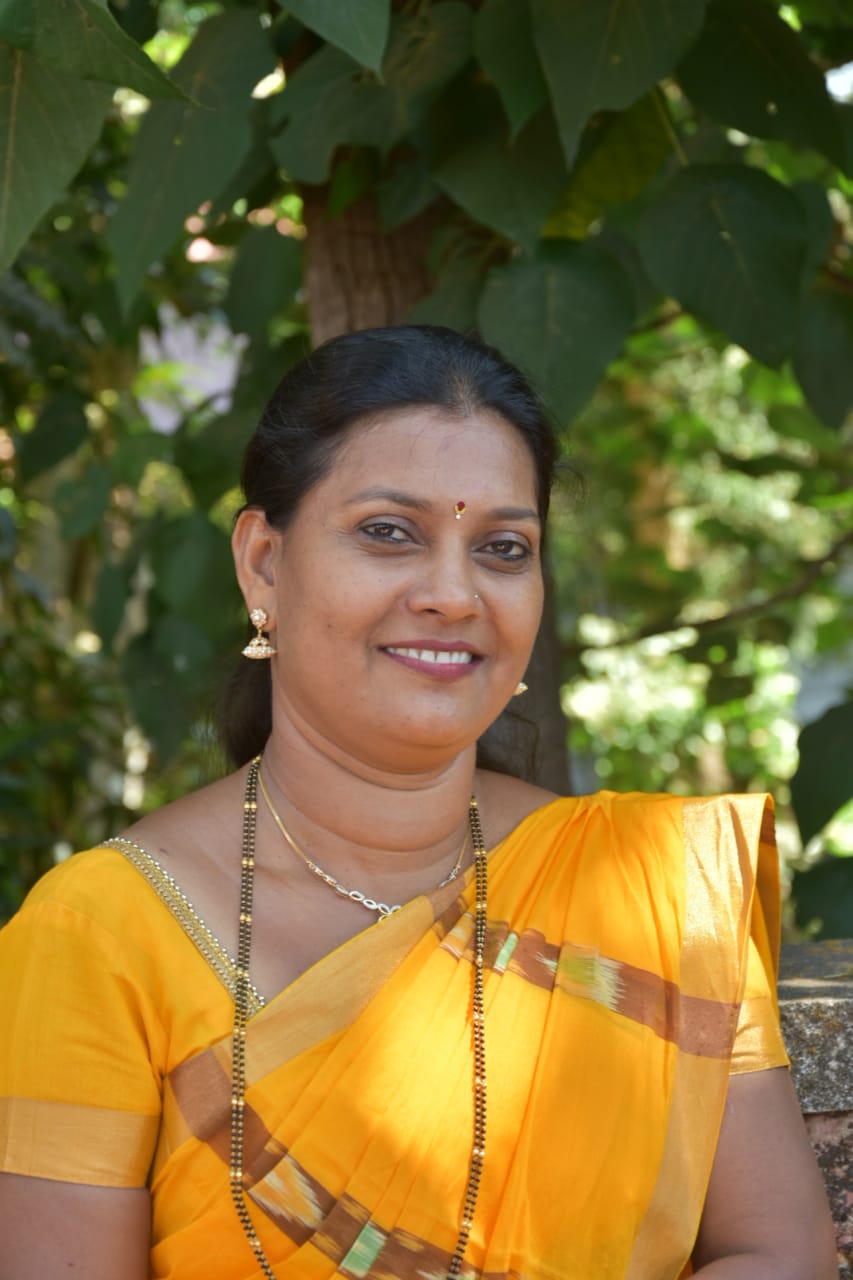30 October 2024 marked a significant landmark for the Tulu community with the launch of Tulu Wikisource, a platform dedicated to preserving and sharing its literary heritage. Tulu is a Dravidian language spoken by approximately 2.5 million people and is predominantly found along the coastal region of Karnataka, India. The Tulu language’s journey in the Wikimedia movement began in 2016 with the launch of Tulu Wikipedia. Since then, a group of volunteers also started working on the Wiktionary incubator and the Tulu Wiktionary is also live now. This achievement reflects years of dedication from Tulu speakers committed to making their language accessible in the digital age.
The journey towards Tulu Wikisource started in September 2023 when the Karavali Wikimedians User Group, led by organizer Kavitha G. Kana in collaboration with CIS-A2K, held a two-day workshop focused on relicensing and digitization. Renowned author M. Prabhakara Joshi’s relicensing inspired the team, with technical support from Prof. Sanjiv Bonde of Lek Ladki Abhiyan, Satara, and facilitation by Subodh Kulkarni from CIS-A2K.
Soon after Kavitha G. Kana participated in the 2023 Train the Trainer (TTT) program, where she actively engaged in discussions around collaboration with libraries, digitization, and relicensing published texts. Motivated by these learnings and backed by CIS-A2K, Kavitha continued her mission by organizing a Kannada Wikisource workshop in May 2024 under the She Leads campaign, sparking broader community interest in Wikisource.
Active engagement in creating a Wikisource in Tulu started a few months ago, with community members eager to learn how to digitize and share Tulu literature. In July 2024, CIS-A2K initiated and conducted a series of training sessions designed to introduce Wikisource processes to new volunteers and provide demonstrations on how to contribute effectively. These sessions offered hands-on experience and empowered community members to begin working on Tulu texts.
Training Sessions and Community Involvement
A series of online training sessions were organized to lay the groundwork for Tulu Wikisource. Each session was designed to build essential skills and knowledge among participants, enabling them to contribute effectively. These sessions were supported by CIS-A2K’s Nitesh as coordinator, WMF staff Satdeep Gill as a trainer, and community coordinator Kavitha G. Kana. The initial session introduced foundational topics, including the motivations of the Tulu community and the steps required to establish a Tulu Wikisource. The second session was focused on updates from the community, tackling challenges, and utilising tools to track contributions. The third session dived into technical topics like translating system messages, creating Wikidata entries, and managing text transclusions.
Following the first training session, several volunteers, including Babitha Shetty, Vinoda mamatharai, Kavitha G. Kana and ~aanzx made significant contributions to the Tulu Wikisource project. In August, Shreelatha.Halemane stood out with an impressive 654 edits within the month, and her contributions have continued consistently since then. Many other dedicated editors actively contributed to multilingual Wikisource.
Community-driven training in local language
In addition to the above-mentioned sessions, Kavitha and active community members like Anoop (Kannada Wikisource admin) and Babitha Shetty organized local training in Tulu. These sessions, led by knowledgeable community members who had undergone prior training, provided an accessible and relatable learning environment. Anoop and Babitha Shetty, both deeply involved in the Karavali Wikimedians User Group and Kannada Wikisource and other Wikimedia projects, played instrumental roles as trainers, addressing queries and offering personalized guidance to new volunteers or to those Wikimedians who did not have any idea regarding Wikisource editing.
Looking Ahead
Through this initiative, the Tulu language’s rich literary heritage will be preserved and disseminated in the digital realm, inviting new volunteers and ensuring free access to everyone. The birth of Tulu Wikisource is a testament to the collaborative spirit of the Tulu community and the support provided by CIS-A2K and a WMF staff.
Here is what Kavitha G. Kana, who went on to become the founding admin of Tulu Wikisource, said about their plans for the future:
ತುಳು ವಿಕಿಮೀಡಿಯನ್ಸ್ನಕ್ಲೆಗ್ ವಿಕಿಸೋರ್ಸ್ ಕಲ್ತಿನೆಡ್ದ್ ಬೊಕ್ಕ ವಿಕಿಡೇಟಾ ಕಲ್ಪೆರೆ CIS-A2Kದ ಸಹಾಯ ಬೋಡು. ವಿಕಿಸೋರ್ಸ್ ಲೈವ್ ಆತಿನ ಪ್ರೋಗ್ರಾಂನ್ ಮಂಗಳೂರು ವಿಶ್ವವಿದ್ಯಾನಿಲಯಡ್ ಮಲ್ಫುಗಾಂದ್ ಉಂಡು. ತುಳು ಸಮುದಾಯದಕುಲೆಗ್ ಬರ್ಪಿನ ಆಜಿ ತಿಂಗೊಲುಡು ಒಂಜಿ ಸಾರ ಎಡಿಟ್ ಮಲ್ಪ್ಯೆರೆ ಉತ್ತೇಜನ ಮಲ್ಪುಗ ಅಂದ್ ಉಲ್ಲೆ. Edu Wiki ಕಲ್ಫೊಡುಂದು ಉಂಡು. ಕುಡ್ಲಡ್ ಒಂಜಿ ಡಿಜಿಟೈಸೇಶನ್ ಸೆಂಟರ್ ಸೆಟಪ್ ಮಲ್ಪೊಡುಂದು ಉಂಡು. (ಇತ್ತೆನೆ ಎಣ್ಮ ಲೇಖಕೆರ್ನ ಬುಕುಲೆನ್ relicense ಮಲ್ತ್ ಆತ್ಂಡ್. ನಲ್ಪ ಪುಸ್ತಕಲೆನ್ digitization ಮಲ್ಪುನ ಕೆಲಸ ನಡತೊಂದು ಉಂಡು)
Tulu Wikimedians seek CIS-A2K’s support to learn Wikidata after mastering Wikisource. We are planning an in-person celebration at Mangalore University. I aspire to explore EduWiki and establish a digitization center in Mangalore, where eight authors’ books were relicensed, and 40 have been digitized.

Can you help us translate this article?
In order for this article to reach as many people as possible we would like your help. Can you translate this article to get the message out?
Start translation

